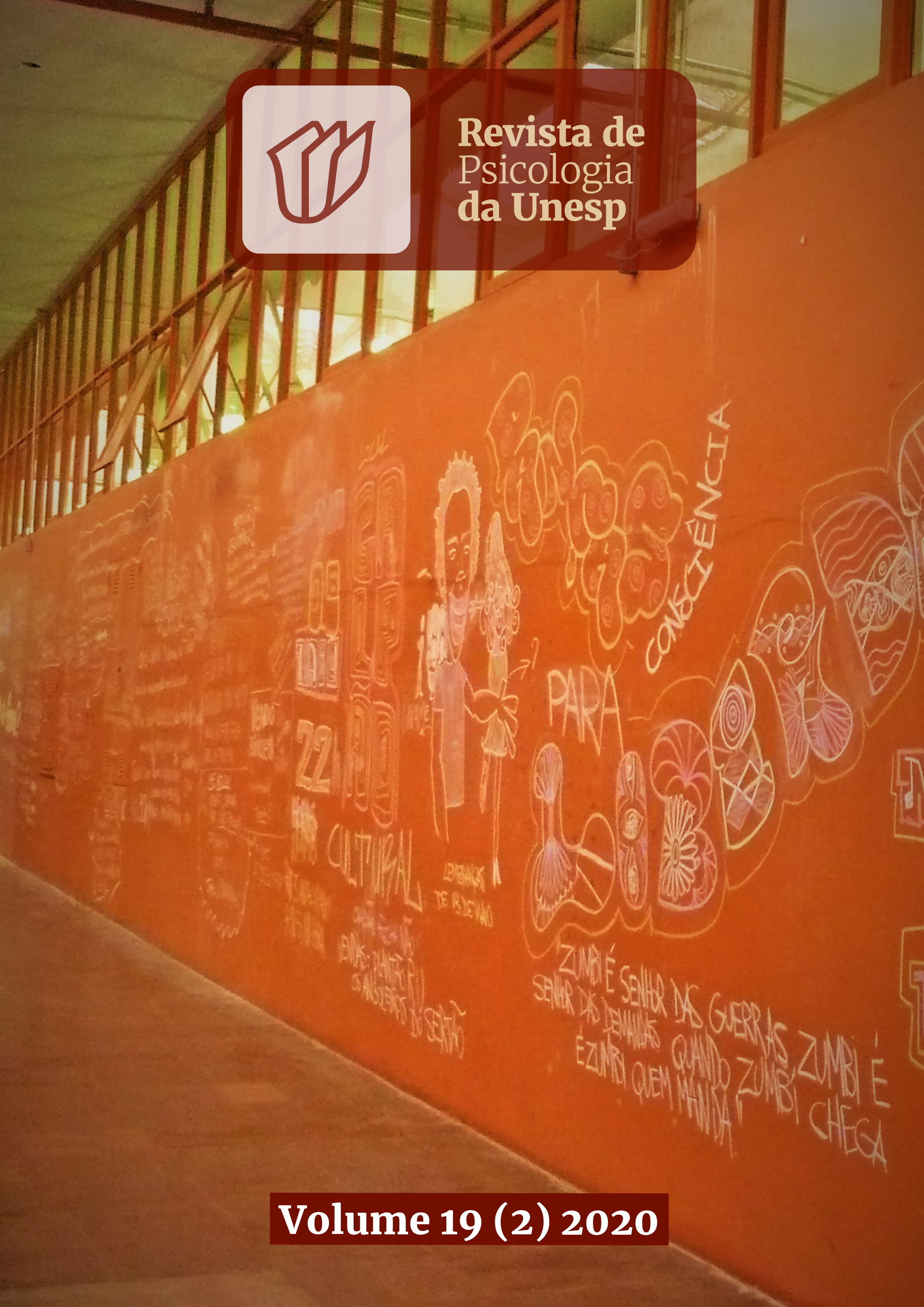Identification of indicatives of subjective well-being and stress in psychologists
Abstract
There are evidences that mental health professionals are more vulnerable to stress due to factors related to their profession. In the professional practice of the psychologist, this wear and tear can affect the provision of the service and the quality of the care offered. However, it is critical that the psychologist is skilled in maintaining his or her physical and mental well-being so that he or she can be able to help his or her clientele by disengaging their demand for it from his or her own personal demands. Faced with this, this research seeks to identify if a sample of psychologists presents signs of stress and what strategies are used by these professionals to promote their subjective well-being, consequently reducing stress reactions. For that, a quantitative and qualitative survey was carried out with a sample of 39 psychologists, of both sexes, who work in several areas of the profession in the city of Itumbiara - GO. The instruments used for the data collection were: a semi-structured interview, the LSSI (Lipp’s Stress Symptom Inventory) to investigate stress symptoms and the LSS (Life Satisfaction Scale) and PNAS (Positive and Negative Affect Scale) to investigate indicative of subjective well-being. The study has identified that the sample presents predominance of the subjective well-being over stress, which confirms, thus, the hypothesis of this study.


